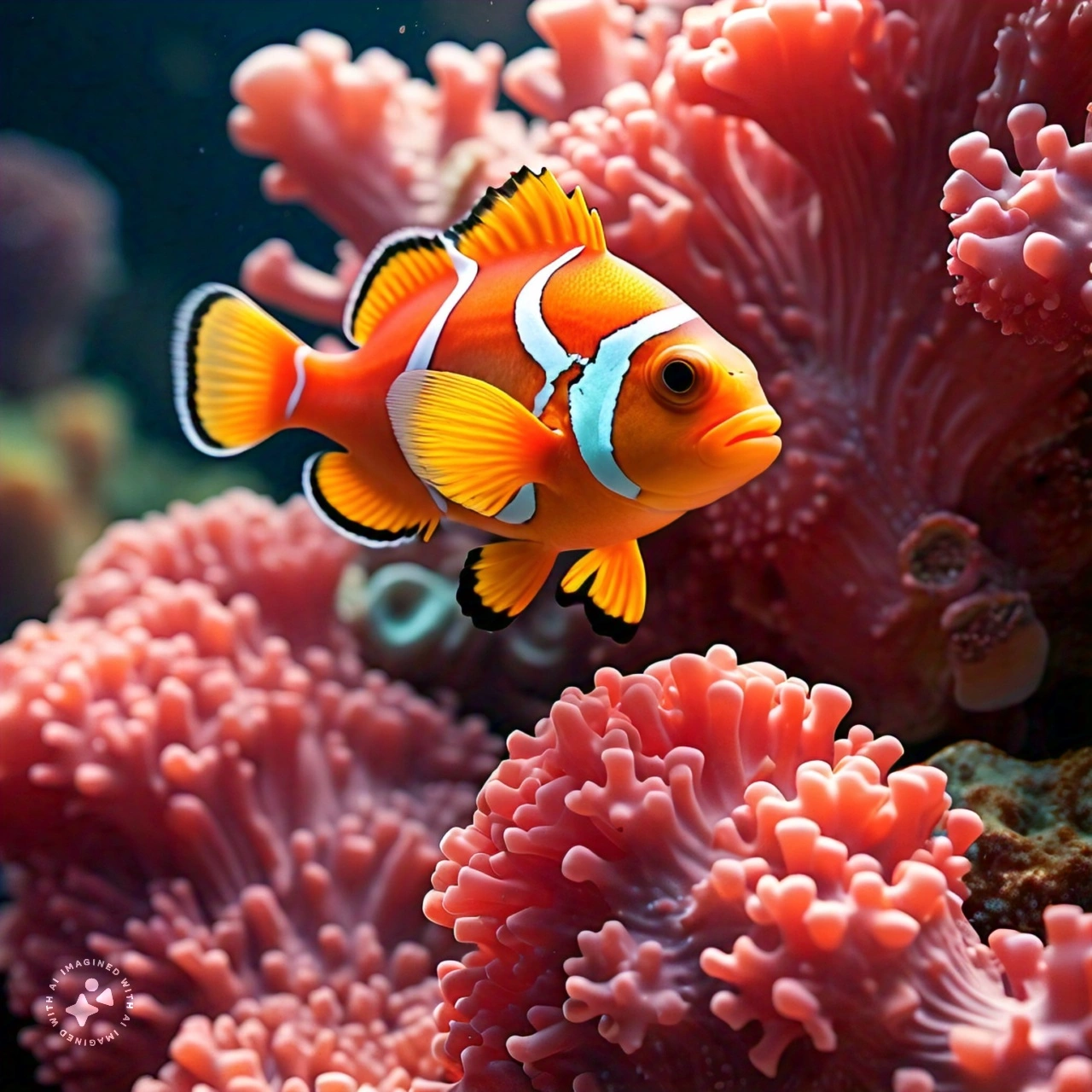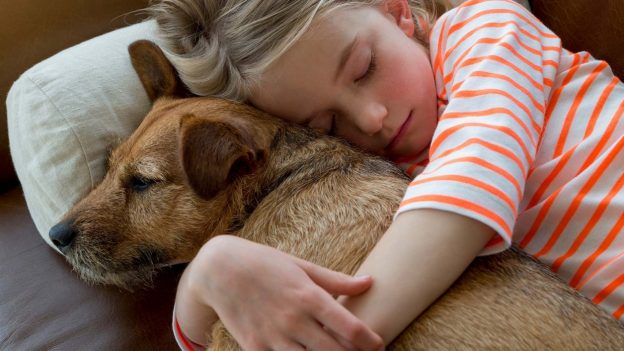Unleashing Pandemic Dogs: Tackling Socialization and Behavioral Challenges
Conquer socialization and behavior challenges with our guide to pandemic dogs. Unleash a happier, well-adjusted furry friend today!
The COVID-19 pandemic has affected various aspects of our lives, including our four-legged friends. Dogs, known for their sociable nature, have faced unique challenges during this time. The restrictions imposed by the pandemic have limited their exposure to new environments, people, and other animals, leading to a rise in socialization and behavioral issues. In this article, we will delve into the importance of socialization for dogs, explore the impact of the pandemic on their socialization, and discuss strategies to tackle these challenges effectively.
Socialization plays a crucial role in a dog’s development and overall well-being. It involves exposing dogs to various environments, people, animals, and stimuli to help them become confident, well-adjusted companions. Proper socialization helps prevent behavioral problems and promotes positive interactions with the world around them. However, the pandemic has disrupted this essential process, posing new challenges for dog owners.
What is a pandemic dog?
A pandemic dog refers to a dog that was acquired or adopted during the COVID-19 pandemic. Many people sought companionship and comfort during lockdowns and periods of social distancing, leading to a surge in dog adoptions and purchases. These dogs became known as pandemic dogs, as their acquisition coincided with the global pandemic.
The year 2020 witnessed a surge in online searches for cats and dogs, indicating a strong desire for pet companionship during the challenging times of the COVID-19 pandemic. Although online searches for dogs decreased in the latter part of the year, the bond between humans and their adopted pets remained steadfast. The statistics revealed by the ASPCA demonstrate the enduring love and commitment of pet owners, with a remarkable 90% of dogs finding forever homes. As we move forward, let us recognize the immeasurable benefits of pet adoption and continue to cherish and care for our beloved furry family members.
Understanding Socialization
Socialization begins early in a dog’s life and continues throughout their lifetime. During critical periods, usually between 3 and 14 weeks, puppies are particularly receptive to new experiences and learning. Exposing them to a wide range of stimuli during this time helps shape their behavior and temperament. Socialization also extends beyond puppyhood and requires ongoing efforts to reinforce positive behavior and adaptability.
The lack of proper socialization has presented significant challenges for both Generation P and pandemic puppies. The absence of exposure and experiences has hindered their ability to navigate new situations confidently. However, through intentional socialization efforts, early intervention, and professional guidance, it is possible to mitigate the impact of limited socialization. By providing them with the necessary tools and opportunities, we can help Generation P and pandemic puppies overcome their challenges and thrive in a social and interconnected world.
Impact of the Pandemic on Socialization
The pandemic has severely limited opportunities for socialization. Lockdowns, social distancing measures, and restricted access to public spaces have meant fewer interactions with people and other dogs. Puppies born or adopted during the pandemic may have missed out on crucial socialization experiences, leading to heightened anxiety, fear, and aggression. Even adult dogs who were previously well-socialized might face challenges due to prolonged isolation.
Strategies for Tackling Socialization Challenges
- Gradual exposure to new environments and stimuli: Start with controlled, positive experiences in a safe environment, gradually increasing exposure to various situations.
- Positive reinforcement training: Use treats, praise, and rewards to reinforce desired behaviors and build positive associations with new experiences.
- Virtual socialization options: Utilize online platforms and virtual training classes to expose dogs to different environments, people, and other dogs.
- Professional assistance and dog trainers: Seek guidance from professional trainers who specialize in socialization and behavior modification.
Importance of Behavioral Training
Behavioral training is crucial for addressing common issues such as separation anxiety, aggression, and excessive barking. By focusing on positive reinforcement techniques, we can encourage desired behavior and discourage unwanted actions. Building confidence and reducing anxiety through training helps dogs feel secure and comfortable in various situations, ultimately improving their overall quality of life.
Interpreting dog body language is essential for understanding our dogs’ emotions and needs. By familiarizing ourselves with tail wagging, facial expressions, body posture, vocalizations, and considering the context and individual differences, we can gain valuable insights into our dogs’ feelings. This knowledge allows us to respond appropriately and provide the care and attention they require. Remember, effective communication with our dogs is not just about what they say but how they say it through their body language.
Maintaining a Healthy and Happy Dog
Apart from addressing socialization challenges, maintaining a healthy and happy dog involves several essential factors:
- Regular exercise and mental stimulation: Engage in daily physical activities and provide mental stimulation through interactive toys and puzzles.
- Establishing routines and structure: Dogs thrive in environments with consistent schedules and clear expectations.
- Bonding activities with your dog: Spend quality time engaging in activities your dog enjoys, such as playing, training, or exploring new environments.
- Ensuring a balanced diet: Proper nutrition is vital for your dog’s physical and mental well-being. Consult with a veterinarian to determine the best diet for your dog’s specific needs.
Conclusion
As we navigate the challenges posed by the pandemic, addressing socialization and behavioral challenges in our dogs is crucial. By understanding the importance of socialization, recognizing the impact of the pandemic on their development, and implementing effective strategies, we can help our dogs become confident, well-behaved companions. Remember, seeking professional assistance and maintaining a proactive approach to training and socialization will contribute to a healthier and happier life for both you and your furry friend.
FAQs
Can adult dogs be socialized effectively?
Yes, adult dogs can still benefit from socialization efforts. With patience and positive reinforcement, they can learn to adapt and overcome behavioral challenges.
Are virtual socialization options effective?
While virtual socialization cannot fully replace physical interactions, it can provide valuable exposure to new experiences and help dogs become more comfortable with different stimuli.
What if my dog displays fear or aggression during socialization attempts?
If your dog shows signs of fear or aggression, it’s essential to seek guidance from a professional dog trainer or behaviorist to address these issues safely and effectively.
How long does the socialization process take?
Socialization is an ongoing process throughout a dog’s life. However, the critical period for initial socialization is between 3 and 14 weeks of age.
Can behavioral training help with separation anxiety?
Yes, behavioral training techniques, including desensitization and counterconditioning, can help manage and reduce separation anxiety in dogs.
-

7 Essential Cleaning Tips for Pet Owners
-



How Long Do Clownfish Live | A Complete Guide
-
How to Effectively Clean Pet Dander from Your Air Ducts for a Healthier Home
-



The Importance of a Dog Leash
-



The 12 Best Dog Bowls of 2024 for Dachshunds: How to Choose the Right One
-



Review: PetSafe Simply Feed Automatic Feeder
-



Review: JW Pet Skid Stop Slow Feed Bowl
-



Review: Dogit Slow Feeder Dog Bowl
-



Review: Outward Hound Fun Feeder Slo Bowl
-



Review: NMN Products Raised Dog Bowls
-



Review: Pet Zone Adjustable Elevated Pet Feeder
-



Review: FOREYY Raised Pet Bowls for Small and Medium Dogs
-



Review: PetFusion Elevated Dog Bowls
-



Belgian Malinois Pitbull Mix: Loyal, Energetic & Smart
-



Overview of Small Belgian Dog Breeds
-



Small Dogs that Get along with Herding Malinois Dog
-



Overview of DNA Testing for Belgian Malinois Dogs
-



Adopting a Puppy/ What you need to know



















